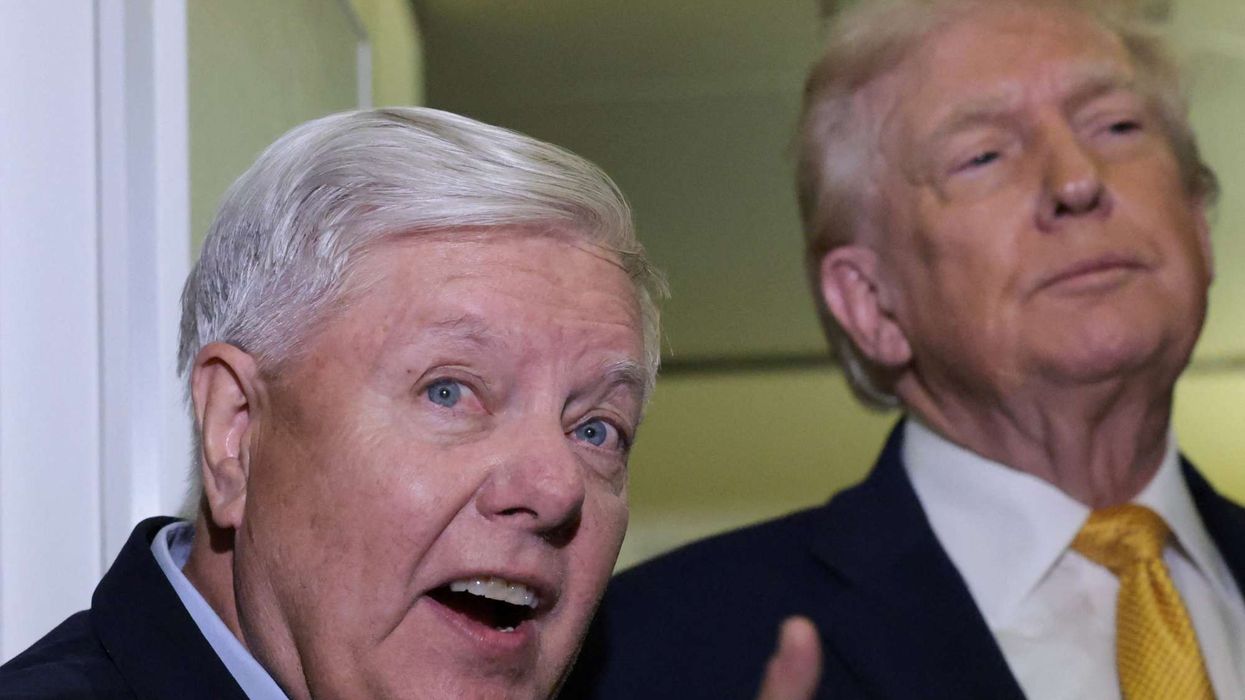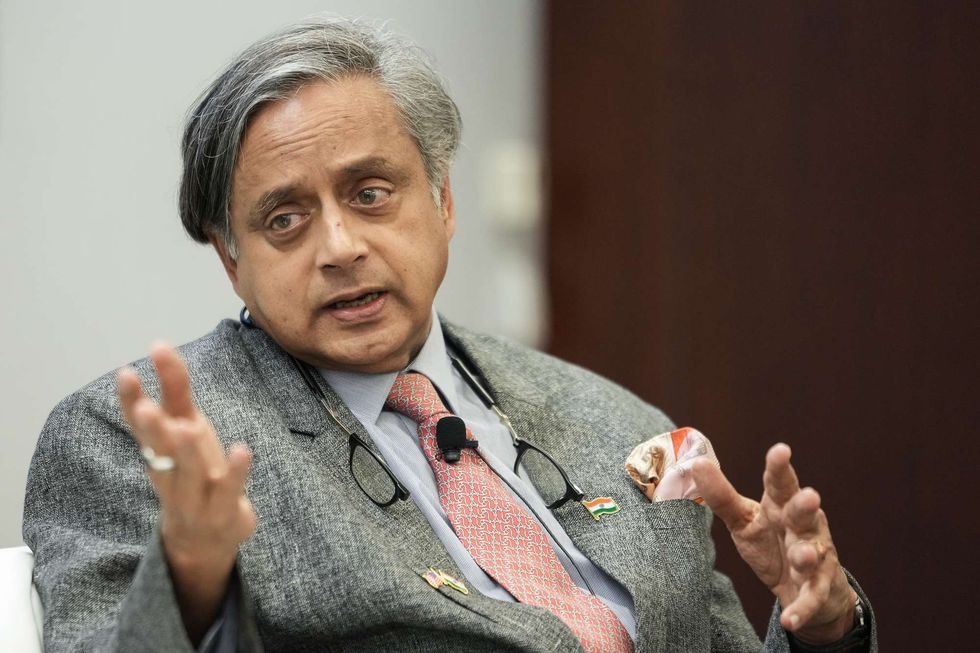by AMARJIT SINGH
INDIA’S love of a higher education in the UK spans centuries.
After all, the ties of shared history, culture and language bind us together, making a compelling case for the Indian student to consider Britain as a natural home for their university education.
The father of the nation, Mahatma Gandhi; the first prime minister of independent India, Jawaharlal Nehru; and subsequent prime ministers, including Indira Gandhi and Dr Manmohan Singh, show the natural progression from university to leadership.
If we want proof of business prowess, there is Dorabji Tata, of the Tata Group, and Anil Ambani, chairman of the Reliance Group. We could find global names from the arts. In every education sphere, there are connections.
Over the past decade, the perception among Indian students is they are not welcome in Britain. In 2010-11, more than 39,000 students were from India, but in 2016-17, that figure fell to 16,550. What is heartening, however, is that according to the Higher Education Statistics Agency (HESA), things are picking up. The latest figures (2017-18) show that 19,750 Indians came to the UK to study, about 150 per UK university.
At the University of Southampton, we have more than 200 Indian students studying a variety of subjects at various levels. We have now taken that special relationship with India to the next level, with the recently opened India Centre for Growth and Sustainable Development. Our goal, while ambitious, is simple – we want to create a globally recognised think-tank to share innovation and knowledge.
Our patrons are global superstars – the former chief justice of the supreme court of India, Dipak Misra, and the former Labour government minister, Professor Lord Patel of Bradford, are no strangers to the university. Now they will advise the centre and enable stronger and fruitful partnerships between Southampton and India.
So why is the centre important? The deputy Indian high commissioner to the UK, Charanjeet Singh, summed it up nicely. “This new development will provide even greater opportunities for the university to grow its work in India, as we jointly seek to solve global challenges such as climate change, healthcare and an ageing population,” he said.
Collaboration is key to our success. That’s why Professor Caroline Fall and her team are working with doctors and researchers across India to study maternal nutrition and health to cut the risk of type 2 diabetes and heart disease among Indian children. Professors Robert
Nicholls and Craig Hutton, in partnership with Jadhavpur University and India’s National Remote Sensing Agency, are leading a multi-million-pound project to address the impact of climate change on displacement and migration across India. Alumni Aniket Singh, who works for Apple in California, has established an internship scheme at the university’s
School of Electronics and Computer Science so other students in India have the chance to follow in his footsteps.
India’s prime minister, Narendra Modi, has called the links between India and the UK a “living bridge” and rightly so. There are countless personal and professional ties between our two countries, including the estimated 1.5 million Indian diaspora, who act as the cement which holds together that living bridge.
In the age of global technology, there has never been a better time to work together,
and the University of Southampton is at the forefront of this modern-day frontier. Growth will come from knowledge- intense industries and emerging sectors such as digital technology, life sciences and fintech. Our dreams will inspire the next generation of global
leaders and help bring Southampton and India even closer together. The centre was an example of daring to dream, and now we are delivering that vision.
- Amarjit Singh is CEO of the India Business Group and special advisor for India to the University of Southampton.





 Shashi Tharoor
Shashi Tharoor Nicolás Maduro arriving at the Down town Manhattan Heliport.
Nicolás Maduro arriving at the Down town Manhattan Heliport.






